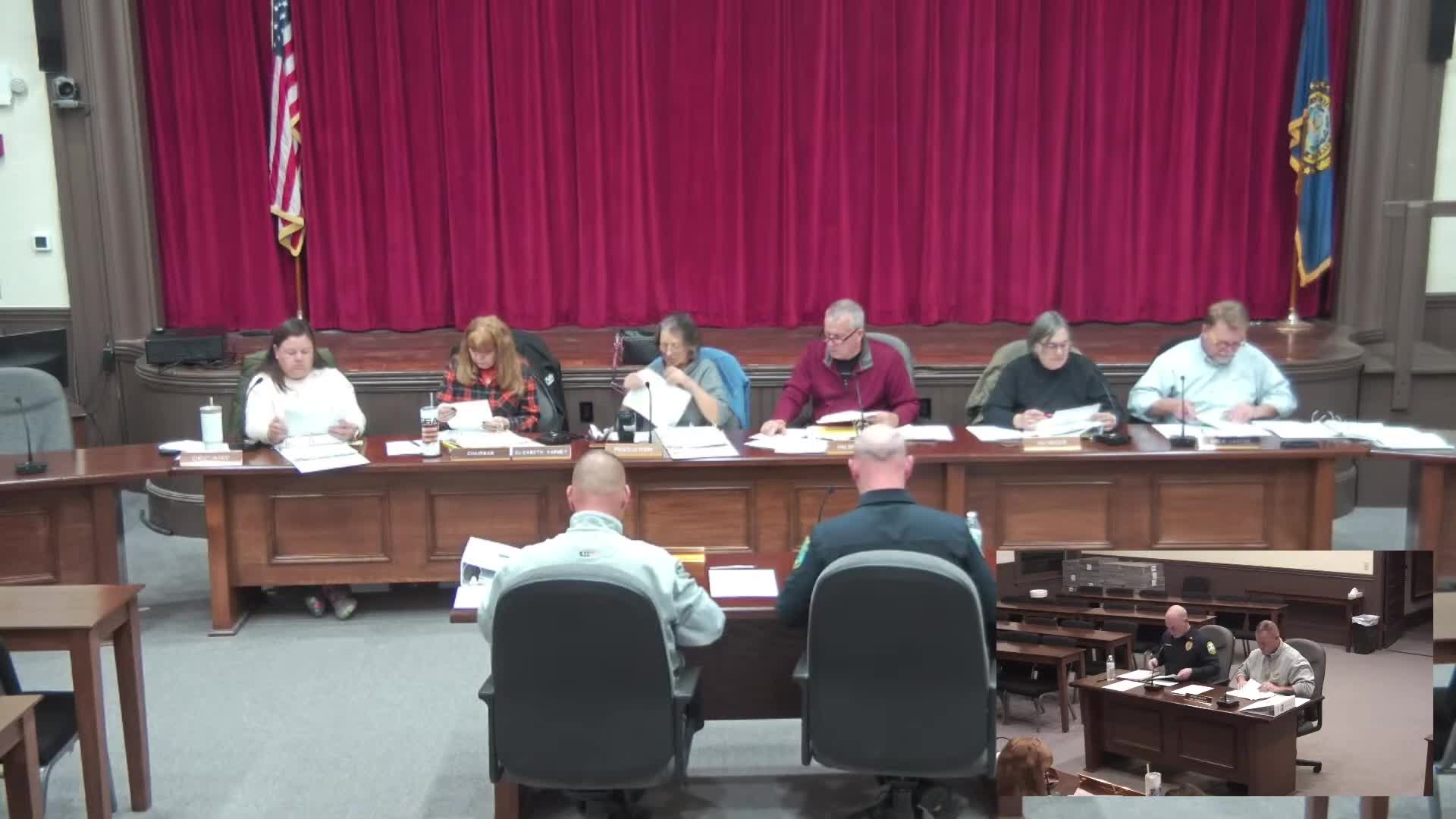Police budget focuses on SRO coverage, Cellebrite and body-camera workload
Get AI-powered insights, summaries, and transcripts
Subscribe
Summary
Alton's police chief proposed adding a second full-time school resource officer to maintain school coverage, and sought funding for increased Cellebrite forensic subscription costs and added prosecution time tied to body-camera evidence. The committee approved the police budget during the meeting.
The Alton Town Budget Committee heard an extended presentation of the police department's budget on Oct. 29 that focused on staffing strategies, equipment and evidence-handling costs.
The police chief said the department has pursued a second SRO because schools asked for continued coverage at both school buildings. A retiree had filled a second SRO role on a limited-hour basis, but changes in the New Hampshire retirement system's allowable post‑retirement hours (from 1,664 to 1,352 annual hours, as described in the meeting) made that arrangement unreliable for summertime coverage. The chief said converting the post to a full-time SRO would continue school reimbursements while providing more predictable coverage; the chief estimated the town would be responsible for roughly $17,080 in wages during summertime months under the proposed approach.
The department also reported several other cost drivers: holiday-pay calculations increased because the department moved to 10‑hour holiday credits and added Juneteenth to the holiday schedule, which expanded the number of paid holiday hours; fleet-repair needs and tire replacement were identified as recurring costs tied to vehicle age; and a contract for cell-phone forensics (Cellebrite) rose sharply.
On Cellebrite, the chief said the platform is changing and the town's upgrade for 2026 was quoted at $10,240 (this includes setup and transition fees), and that the vendor expects lower annual fees thereafter at about $8,000. The committee also discussed body-camera impacts on prosecution: staff explained that viewing, logging and redacting body-camera footage adds substantial work for the police prosecutor and county discovery processes; the prosecutor agreed to a fixed five-year contract to limit future cost growth tied to that workload.
Committee members asked about conviction effects from body cameras and retention timelines for video evidence. Staff said it is too early to measure conviction effects (department had been using cameras for fewer than six months at the time of the meeting) and that statutory retention periods vary, roughly one year for many misdemeanors and up to seven years for felony matters, depending on statute and case type.
The committee voted to approve the police/lease budget as stated on the record.
